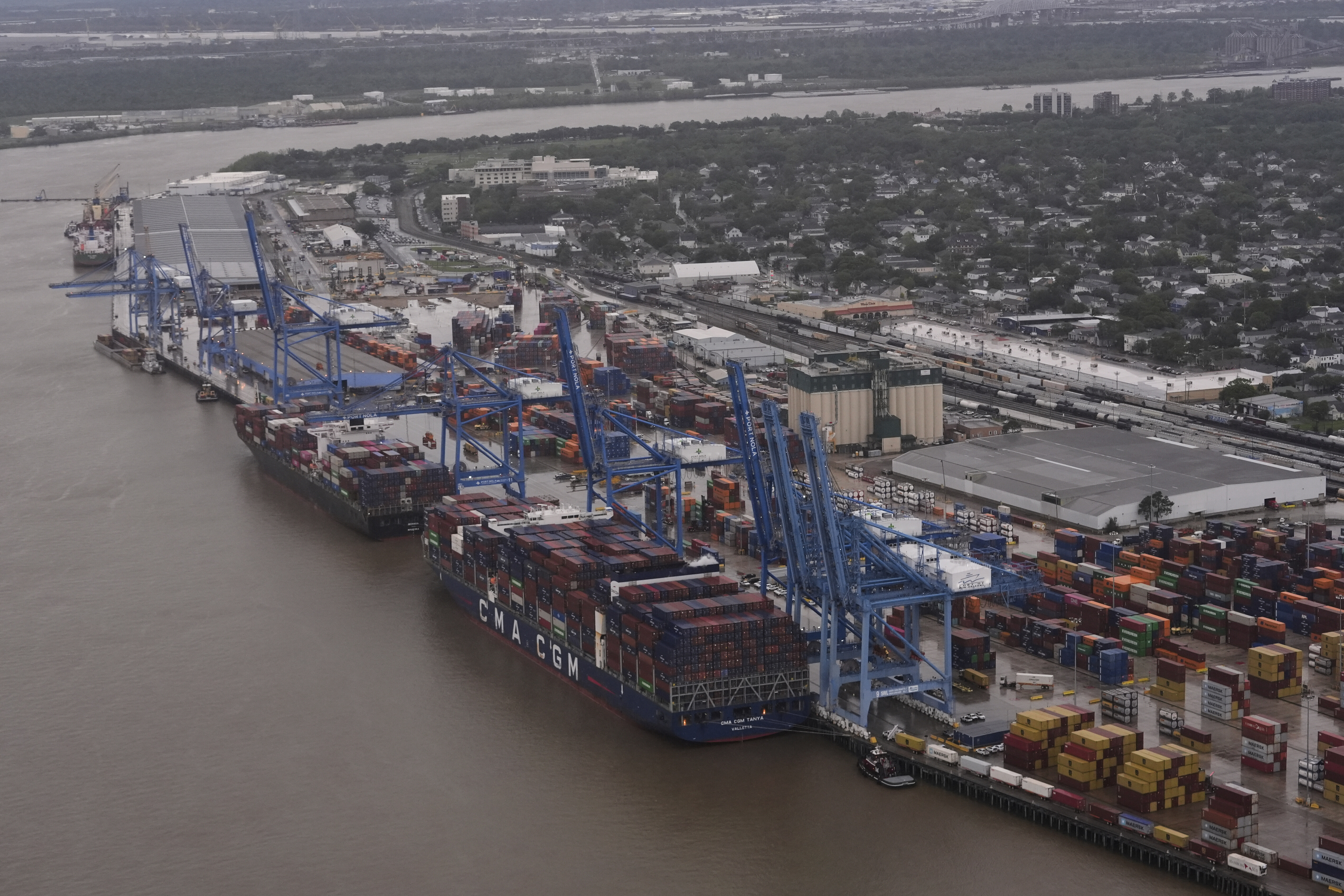For the first two decades after its post-Soviet independence, Ukraine's government constantly swung back and forth between supporting Russia and supporting the West. These swings were driven by cultural and political divisions in the country that were used and manipulated by foreign powers. However, the 2014 Euromaidan uprising was unprecedented in its intensity and its polarizing effect on the country; the movement caused a political and psychological transformation within Ukraine. In effect, the Ukraine crisis ended the country's initial post-Soviet phase of stable oscillation between Moscow and the West, casting it on an entirely new path, domestically and internationally.
The collapse of the Soviet Union in 1991 was a watershed moment in history. Not only did it formally end the Cold War, but it also reshaped the 15 former Soviet republics into independent states. The collapse was difficult for Russia, which had to deal with the loss of its empire on the international stage while domestically grappling with a chaotic (and ultimately unfulfilled) transition to democracy and market capitalism. The change was also extremely challenging for the other former Soviet republics, which had not experienced sustained independent rule for decades or, in some cases, centuries. The process was particularly difficult for Ukraine, which for most of its modern history had been disputed and geographically divided between Russia and the West. The borders that Ukraine gained at independence encompassed areas such as Lviv and western Ukraine, which were historically ruled by European powers including Poland and Austria. Other areas in southern and eastern Ukraine had much closer links with Russia.

These divisions are reflected not only in the cultural and linguistic differences within the country - Ukrainian is spoken in western and central Ukraine, while Russian is predominantly spoken in the south and east - but in its political divisions as well. In fact, in every presidential election since Ukraine's independence, each victor has had a clear bent toward either the West or the East. The country's first president, Leonid Kravchuk, hailed from the western province of Rivne and steered Ukraine on a nationalist course. His successor, Leonid Kuchma, was from the eastern province of Dnipropetrovsk and tried to direct the country closer to Russia. Viktor Yushchenko came next, coming to power during the 2004 Orange Revolution and hailing from the central Ukrainian-speaking Sumy province. He adopted a pro-Western foreign policy. Yushchenko's successor, Viktor Yanukovich, came from Donetsk, the eastern industrial heartland of the country, and shifted the country back toward Russia. Each leader had his own idiosyncratic way of ruling, but the geographic origins of each clearly shaped Ukraine's domestic and foreign policy agendas.
Why Things Are Different This Time
The transition to current President Petro Poroshenko (who grew up in the western province of Vinnytsia) from Yanukovich in 2014, one year ahead of scheduled president elections, was also a first in Ukraine's post-Soviet history. Unlike the Orange Revolution, in which large and peaceful demonstrations brought about new elections and a political transition considered legitimate by all major parties, the Euromaidan demonstrations descended into violent confrontations between protesters and police, resulting in Yanukovich's ouster and the formation of a pro-Western government that Russia viewed as illegal and illegitimate. The change in government spurred a series of events, including Russia's annexation of Crimea, the emergence of a pro-Russia separatist movement in eastern Ukraine and the armed conflict between Ukrainian security forces and Russia-backed separatists in Donetsk and Luhansk that has dragged on for the past year.
This rapid succession of events seems to have permanently upset Ukraine's balance between the West and Russia, altering its domestic and foreign policies. Ukraine has swung back toward the West, and integration with the European Union and NATO has once again become the government's top foreign policy priority, as it was under President Yushchenko and Prime Minister Yulia Timoshenko after the Orange Revolution. But the fact that Ukraine is now in an active war with Russia and that it has lost effective control of territory in Crimea and eastern Ukraine distinguishes the country's current circumstances from those under the Orangist government. The conflict has solidified Kiev's political, economic and security integration with the West and has created more willingness (albeit not without limits) on the part of the United States and the European Union to support Ukraine and pull the country into the Western orbit.












